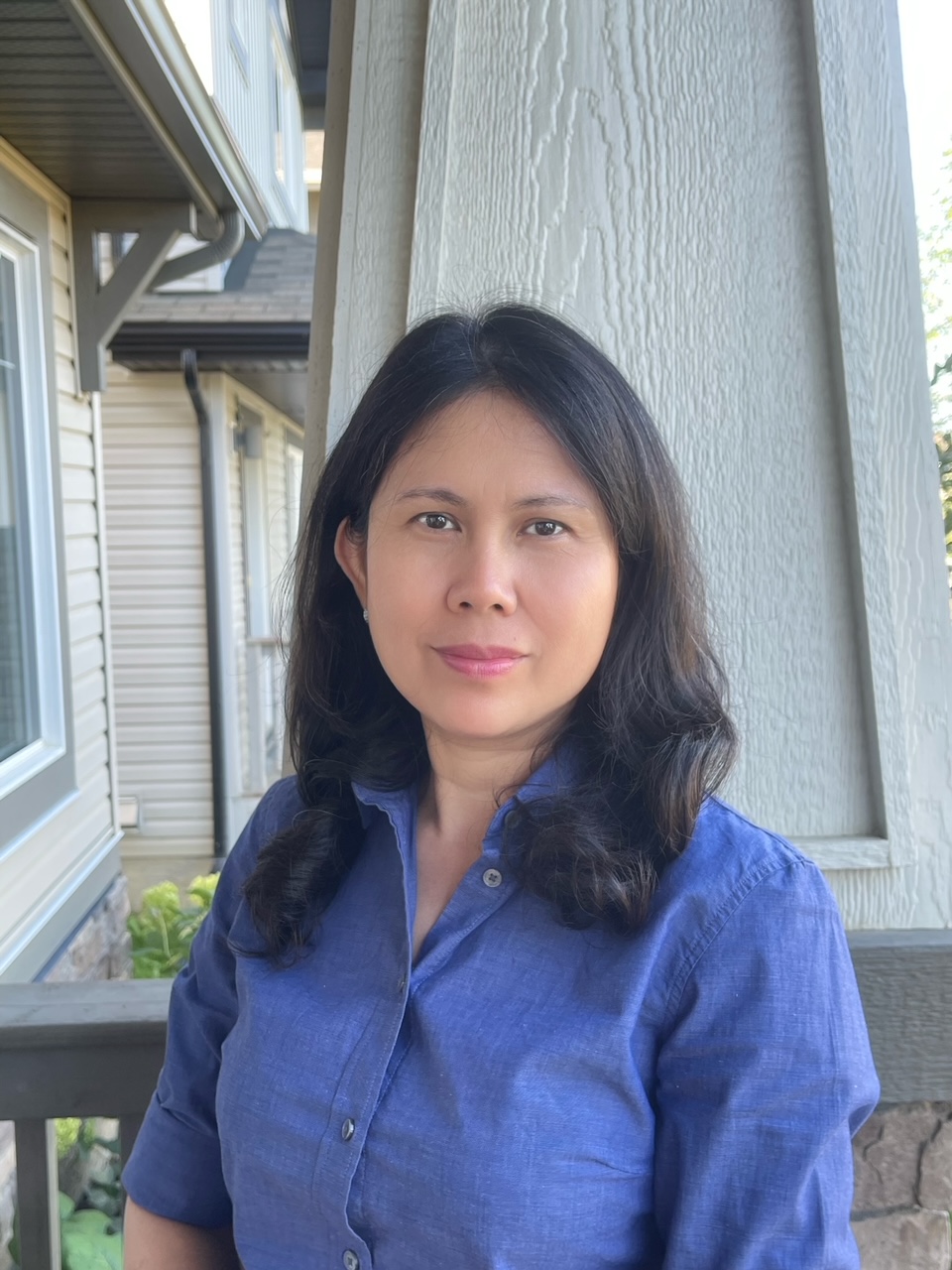Resource Economics and Environmental Sociology Graduate Programs
Resource Economics and Environmental Sociology (REES) focuses on research in the disciplines of Environmental and Resource Economics, Economics of Agriculture, Food & Agribusiness, Environmental and Resource Sociology, International Development.
Graduate education provides an excellent background for careers in private business, government service or research. The programs offered are in the sub-disciplines of agricultural and resource economics, forest economics and rural & environmental sociology.
Which REES graduate program is right for you? See the University Calendar or eligibility at-a-glance.
REES Graduate Programs
Master of Agriculture (MAg)
1 year (12 months)
The MAg is a course-based degree with a focus in one of two areas: agricultural economics (agriculture and food policy, consumption, resources and environmental sustainability), or rural and environmental sociology (social movements, risk, resilience and Indigenous studies).
Master of Science (MSc)
2-2.5 years (24-30 months)
The MSc is a thesis-based master's degree with a focus on research. Specialize and develop skills in research and scientific communication, and prepare for doctoral studies, or for employment with industry or the government.
Doctor of Philosophy (PhD)
4-6 years (48-60 months)
The PhD program is a four-year research-based program with three possible areas of specialization:
- Agricultural and Resource Economics
- Rural and Environmental Sociology
- Forest Economics
Areas of Study
Agricultural and Resource Economics
Agricultural economics is an applied field that typically explores issues related to agriculture, food production, and consumption. Resource economics seeks to understand the supply and demand of natural resources, their role in the economy, and how to manage them for long term sustainability. These fields also make significant contributions to environmental issues.
Master of Agriculture | Master of Science | MBA/MAg | PhD | Our Research
Rural & Environmental Sociology
Rural sociology examines social structure and social change in rural areas, as well as issues such as food and agriculture, forestry, mining and energy development.
Master of Agriculture | Master of Science | MBA/MAg | PhD | Our Research
Forest Economics
Forest Economics focuses on public policy and regulatory issues in the forestry sector. It explores the roles of institutions and property rights in regulating the timber supply, and the provision, production, and trading of forest resources and products.
Risk and Community Resilience (Interdisciplinary)
Risk and Community Resilience examines different aspects of social-ecological relations, challenging us to think about how peoples, locally and globally, see and respond to changes in their environment including those associated with ecological variability, climate change, and natural resource development.
Student Testimonials
Hear from our students about their experiences and successes. We're proud of our alumni and the careers they enter after graduation, using what they learned in their degree to pursue their passions.
Current Students
Students at the University of Alberta are responsible for the accuracy and completeness of their program requirements. They are bound by the contents of the University Calendar and standards contained therein.
Access Forms, Important Links, Department Website, and Graduate Program Manuals
Contact Us
Graduate Student Services Office
2-06 Agriculture Forestry Centre
Email us to set up an appointment, or visit us during business hours on Tuesdays, Wednesdays, and Thursdays.





